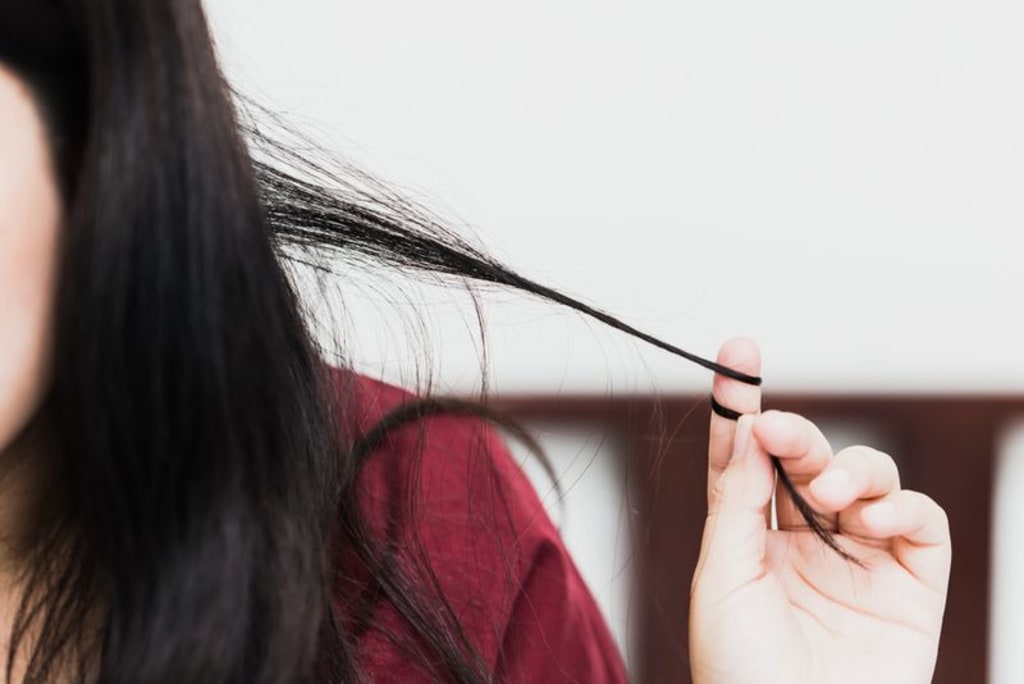What is Trichotillomania?
What is Trichotillomania?

Trichotillomania, commonly referred to as "hair-pulling disorder," is a mental health condition that compels individuals to pull out their hair. This can range from the hair on their head to other areas, such as eyebrows, eyelashes, and even body hair. It's not just an occasional tug; people with trichotillomania experience an overwhelming urge to pull out their hair, leading to visible bald patches and considerable distress. But what causes trichotillomania?
Understanding the Basics
Before delving into trichotillomania causes, it's essential to understand its basics. It’s categorized under Obsessive-Compulsive and Related Disorders in the Diagnostic and Statistical Manual of Mental Disorders, Fifth Edition (DSM-5). This classification implies that the hair-pulling actions are repetitive and driven by intense compulsions.
Individuals with trichotillomania often describe a mounting tension before pulling their hair, followed by a sense of relief afterward. They might do it as a response to stress, boredom, or even without realizing it, such as when they're zoned out or distracted.
Neurobiological Factors: Some studies suggest that abnormalities in certain brain structures may be linked with trichotillomania. These irregularities might influence impulse control and emotional regulation. There is also some evidence that serotonin, a neurotransmitter associated with mood and impulse control, might play a role.
Genetics: While not all cases are linked to family history, there have been instances where multiple members of a family suffer from the disorder. This implies that trichotillomania might have a genetic component.
Environmental Triggers: Stressful events or traumas, especially during childhood, can be potential triggers for trichotillomania. Examples might include the loss of a loved one, parental divorce, or personal experiences of abuse or neglect.
Emotional Factors: For many, hair-pulling is a way of dealing with negative emotions, such as stress, anxiety, loneliness, or frustration. Pulling hair can serve as a temporary emotional escape or a way to exert control when feeling overwhelmed.
Childhood Habits: Sometimes, children develop hair-pulling habits when they're very young. While many outgrow these behaviors, some continue into adulthood, evolving into trichotillomania.
Symptoms and Impact
Beyond the visible hair loss and bald patches, trichotillomania has other symptoms and impacts:
Shame and Secrecy: Due to the stigmatized nature of the disorder, many individuals hide their condition. They might wear hats, wigs, or use makeup to conceal the bald spots.
Physical Damage: Constant hair pulling can lead to infections, scarring, or permanent hair loss if the hair follicles become damaged.
Coexisting Conditions: It's not uncommon for those with trichotillomania to also suffer from anxiety disorders, depression, or obsessive-compulsive disorder (OCD). Additionally, some individuals might develop trichophagia, where they consume the pulled hair, leading to potential digestive issues.
Treatment Options
While there isn't a one-size-fits-all cure for trichotillomania, there are several treatment options:
Cognitive Behavioral Therapy (CBT): This form of therapy helps individuals recognize their hair-pulling triggers and teaches them coping strategies.
Medication: Some medications, including those used to treat depression and OCD, have shown promise in reducing the urges associated with trichotillomania.
Support Groups: Joining a support group can provide a safe space for individuals to share their experiences and coping strategies.
Alternative Therapies: Techniques like deep breathing, meditation, and progressive muscle relaxation can help manage the stress and anxiety that might trigger hair-pulling episodes.
Conclusion
Trichotillomania is more than just a habit; it's a complex mental health disorder driven by a myriad of factors. While the exact trichotillomania causes remain elusive, understanding its multifaceted nature and the potential contributing factors can pave the way for empathy, support, and effective treatments. If you or someone you know suffers from this disorder, it's crucial to seek professional guidance and remember that you're not alone.
About the Creator
Enjoyed the story? Support the Creator.
Subscribe for free to receive all their stories in your feed. You could also pledge your support or give them a one-off tip, letting them know you appreciate their work.





Comments
There are no comments for this story
Be the first to respond and start the conversation.